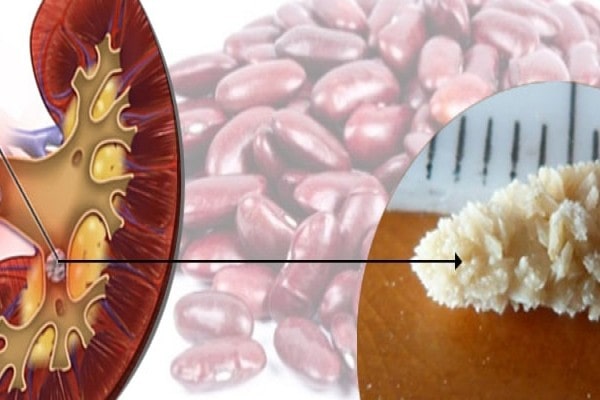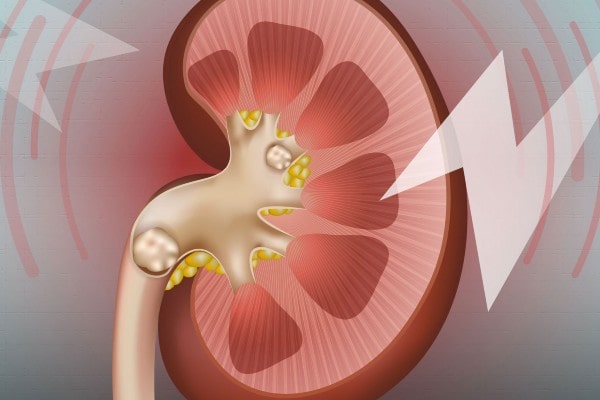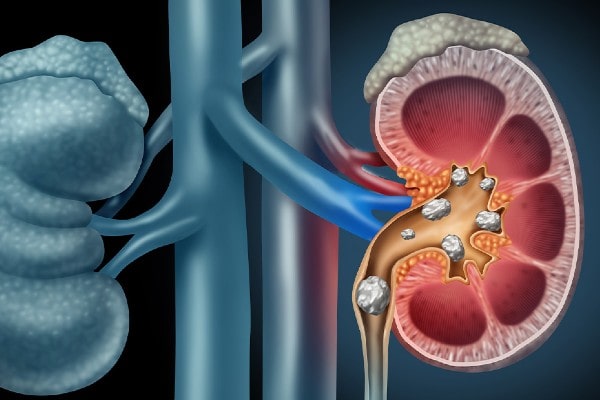Understanding the Link Between Diabetes and Urological Health: Risks and Management Strategies
Diabetes is a chronic condition that impacts various bodily systems, including the urological system. Many people are unaware of the connection between diabetes and urological health, yet it's crucial to understand how diabetes can increase the risk of urinary tract infections (UTIs), bladder dysfunction, and sexual health issues. By recognizing these risks, diabetic patients can take proactive steps to manage their urological health effectively.

How Diabetes Affects Urological Health
Diabetes can affect urological health in several ways:
- Urinary Tract Infections (UTIs): Diabetic patients are more prone to UTIs due to the high glucose levels in their urine, which create a favorable environment for bacterial growth. Additionally, diabetes can impair the immune system, making it harder for the body to fight off infections.
- Bladder Dysfunction: High blood sugar levels can damage the nerves that control bladder function, leading to a condition known as diabetic cystopathy. This can cause a range of issues, including difficulty emptying the bladder, urinary incontinence, or frequent urination.
- Sexual Health Issues: Diabetes can lead to erectile dysfunction (ED) in men and decreased sexual desire or arousal difficulties in women. The condition can cause damage to the blood vessels and nerves involved in sexual response, significantly impacting quality of life.
- Kidney Disease: Over time, diabetes can lead to kidney damage (diabetic nephropathy), which affects the kidneys' ability to filter waste from the blood. This can further complicate urological health by leading to conditions such as kidney stones and infections.
Management Strategies for Diabetic Patients
Managing diabetes effectively is key to reducing the risk of urological complications. Here are some strategies that can help:
- Maintain Blood Sugar Levels: Keeping blood sugar levels within the target range is crucial for preventing nerve damage and reducing the risk of infections. Regular monitoring, along with a balanced diet and appropriate medication, can help achieve this goal.
- Stay Hydrated: Drinking plenty of water helps flush out bacteria from the urinary tract and dilutes the urine, reducing the risk of UTIs and kidney stones.
- Regular Check-Ups: Regular visits to a urologist are essential for early detection and management of any urological issues. Routine screenings can help identify problems before they become serious.
- Healthy Lifestyle Choices: Maintaining a healthy weight, engaging in regular physical activity, and avoiding smoking can improve overall health and reduce the risk of urological complications related to diabetes.
- Pelvic Floor Exercises: For those experiencing bladder dysfunction or incontinence, pelvic floor exercises can strengthen the muscles that support the bladder and improve control over urination.
- Address Sexual Health Concerns: If diabetes is impacting your sexual health, it’s important to discuss this with your doctor. There are various treatments available, including medications, counseling, and lifestyle changes, that can help.
Conclusion
Understanding the link between diabetes and urological health is vital for anyone managing this chronic condition. By taking proactive steps to monitor and maintain urological health, diabetic patients can significantly improve their quality of life and prevent complications.
If you are experiencing any urological symptoms or would like to discuss your urological health, contact Dr. Kalyan A.V, the best urologist at Urolife in Hyderabad. With expertise in managing the urological impacts of diabetes, Dr. Kalyan A.V can provide the care and guidance needed to maintain optimal health.





























